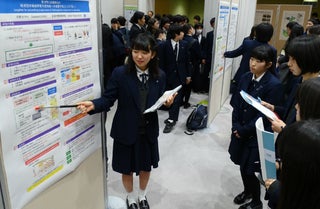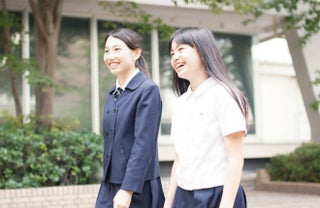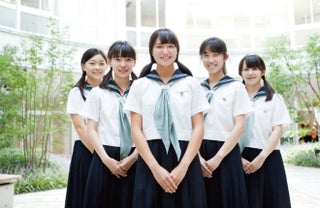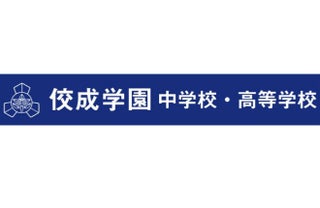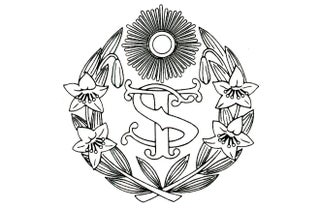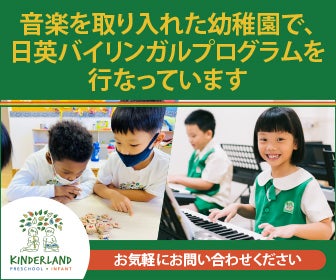Springでは、日本の大学で学んだ経験のあるシンガポール人の方に、日本で学ぶことの魅力や日本・日本語への興味についてお話を聞いています。
シリーズ第10回目は、東京大学教養学部を卒業し、現在同大学大学院修士課程で学ぶニコラス・ウォンさんです。
Name: Mr. Nicholas Wong Wei Yong
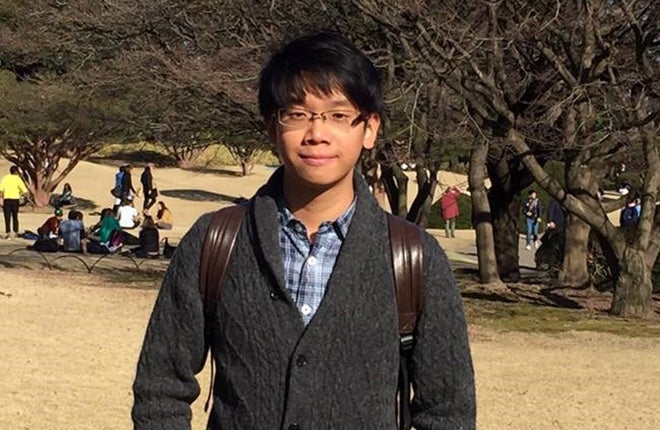 Nicholas Wong Wei Yong
Nicholas Wong Wei Yong"Throw all your inhibitions out the door and experience new things for yourself !"
Currently in the Master’ s in Public Policy International Program (MPP/IP) at Graduate School of Public Policy(GraSPP), The University of Tokyo
Educational Background
- Primary school: Maris Stella High School (Primary)
- Secondary school: Hwa Chong Institution (High School)
- Junior College: Hwa Chong Institution (College)
- Undergraduate: The University of Tokyo
Q. You did your undergraduate studies at the University of Tokyo before joining the graduate programme there. What led you to study in Japan after Junior College?
I chose to go to a Japanese university because I wanted an experience that was different from most other Singaporeans, where there was a smaller community of Singaporeans so I could interact with people outside of my usual circle of friends. Furthermore, I had always been fascinated by Japan, therefore choosing to go to Japan was a very natural choice for me.
Q. The undergraduate programme you studied was taught in Japanese. What was it like?
After coming to Japan, I studied a year at the Tokyo University of Foreign Studies under the Japanese Monbukagakusho (Ministry of Education, Science and Technology, MEXT) scholarship before joining the University of Tokyo, College of Arts and Sciences (教養学部)where I majored in sociology. There, almost all of the courses were taught in Japanese and it took me quite a bit of time to get used to it. For example, having to complete a reading assignment of one book per week for a single module was close to impossible for me.
Q. You continued to do your graduate studies there. Please tell us about the programme you are currently enrolled in.
I am currently enrolled in the Master’ s in Public Policy International Program (MPP/IP) at the Graduate School of Public Policy (GraSPP) in the University of Tokyo. My undergraduate degree was in sociology with a highly theoretical focus, therefore I wanted to learn how this knowledge is applied in actual policy-making. Many professors at GraSPP are/were practitioners of their respective fields who could validate textbook knowledge with their personal experiences. In the future, I would like to work in an international organisation with a focus on reducing poverty and inequality, therefore I appreciate these opportunities to learn directly from them.
The course is held in English, but students are also encouraged to take classes in Japanese. Personally, it is a really good balance because I get to interact with both Japanese and non-Japanese students every day. However, many classes taught in English may be less academically rigorous than the same courses in Japanese. This may not only be because of the professors’ language abilities, but also because of the language abilities of the students.
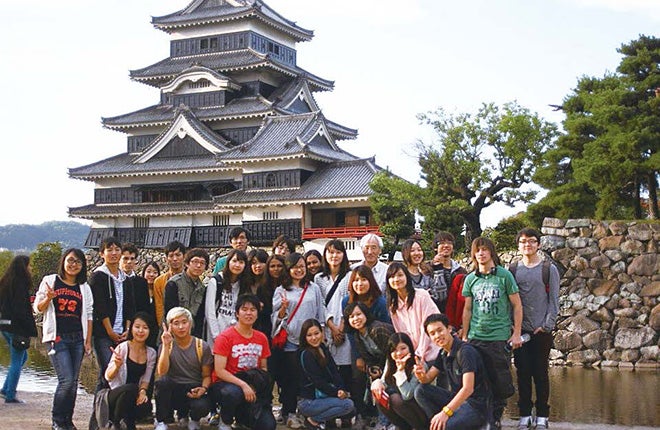 Study trip to Matsumoto Castle in Nagano Prefecture with my fellow MEXT scholars in 2012
Study trip to Matsumoto Castle in Nagano Prefecture with my fellow MEXT scholars in 2012Q. How do you find the life in Japan?
To say that I am enjoying myself here would be a total understatement. I love it here, but because I have also been here for more than 5 years, I have witnessed so many things about Japan which I feel could be improved. One of them is its resistance towards change. New ideas are sometimes rejected with simplistic responses along the lines of “Unfortunately, this is how things are run in Japan.” I believe using cultural differences as a response to requests for change is one of the quickest ways to end up being complacent, because all civil discussion, fruitful or not, would be rendered useless immediately.
Q. Please share with us a unique experience you had in Japan.
While studying at the Japanese Language Centre, Tokyo University of Foreign Studies (TUFS), I joined the Kyudo (traditional Japanese archery) club and it was an extremely enriching experience. Due to unforeseen circumstances, I was allowed to join the competition team, even though I was a total beginner. I went to the dojo to train every day and spent all my weekends during summer going to different venues around Tokyo to compete with the team. Even though I performed horribly at most of them and was always the one dragging the team’ s score down, they never blamed me and always encouraged me to push on. The camaraderie built during that time is something that I will never forget.
Q. You studied under MEXT Scholarships. Do you have any advice to share with the students who are applying for such scholarships?
Study in advance, and pay special attention to how questions are asked for the math paper, because they tend to be slightly different from how we learn math in Singapore. As for the interviews, make it very clear why you are choosing Japan over other options, and how you will utilise this opportunity if given the scholarship.
Q. Any message to students studying Japanese in Singapore, or students who are considering to study in a university in Japan?
Throw all your inhibitions out the door and experience new things for yourself. Japan is more than just anime, manga, J-pop idols and food. Make it a point to travel to different parts of Japan, including the countryside, to truly get the full experience in Japan.









